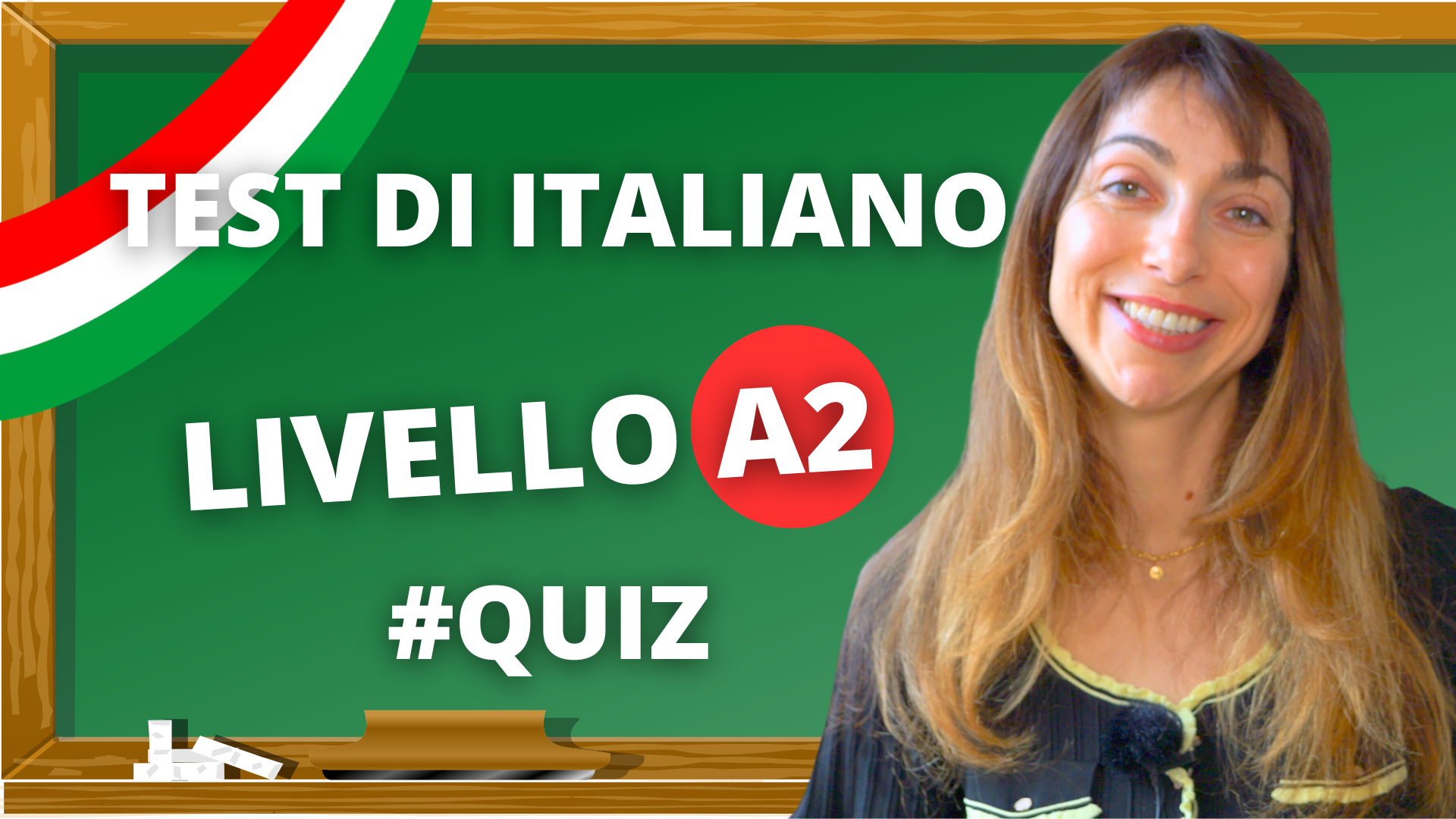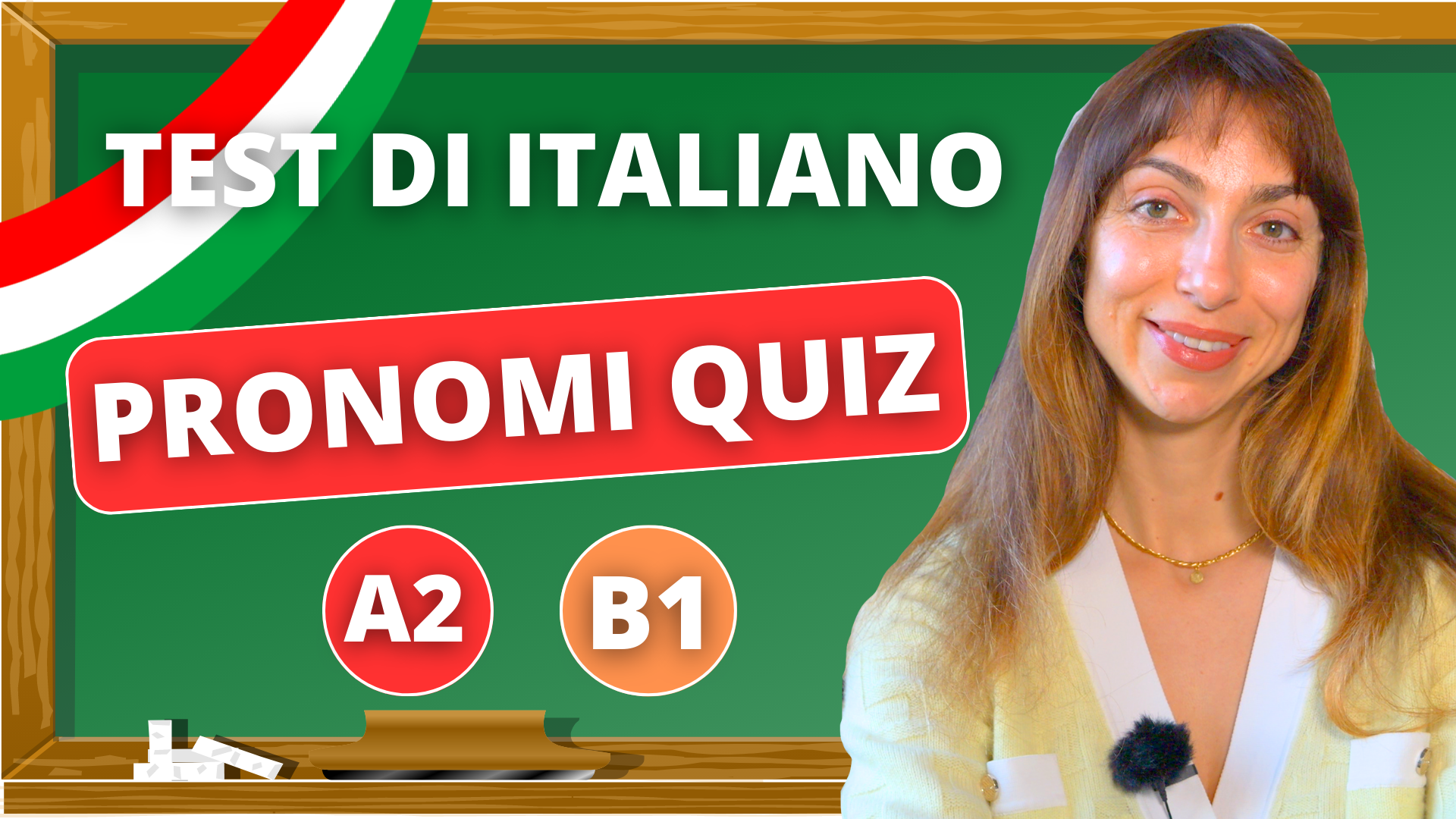Italian Crash Course: Introduction to the Italian Language
Are you planning a trip to Italy or just want to learn a new language? If so, then an Italian crash course is just what you need. This guide will help you get started on learning the basics of the Italian language in no time. Whether you’re a complete beginner or just looking to brush up on your skills, this crash course will provide you with the tools and knowledge you need to communicate with confidence. So, let’s get started!
Table of Contents
Learn how to Introduce Yourself in Italian
To start your Italian Crash Course: the most important thing you’ll need to know when learning a new language is how to introduce yourself. In Italian, you can say: “Mi chiamo [Your Name]” to introduce yourself. For example, “Mi chiamo Maria.” Additionally, you can ask someone else for their name by saying, “Come ti chiami?” which means “What’s your name?”
Here are a few more examples of common introductions in Italian:
- “Piacere, mi chiamo Jennifer” (Nice to meet you, my name is Jennifer)
- “Parli inglese?” (Do you speak English?)
By learning these basic introductions, you’ll be able to start conversations and make connections with native Italian speakers.
Italian Crash Course: Learn Italian Greetings
Greetings are an essential part of communication, and Italian is no exception. In Italian, you can say “Ciao” (hello), “Buongiorno” (good morning), and “Buonasera” (good evening) to greet someone. Additionally, you can say “Arrivederci” (goodbye) when leaving.
Here are some more examples of common Italian greetings:
- “Come stai?” (How are you?)
- “Sto bene, grazie” (I’m fine, thank you)
- “Come va?” (How’s it going?)
- “Va bene, grazie” (It’s going well, thank you)
Essential Italian Verbs
For this Crash Course, let’s see the two most important verbs in Italian: “essere” (to be) and “avere” (to have). These verbs are used to express many different things, such as your identity, your current state, and your possessions.
Here are some examples of how you can use “essere” to express who you are:
- “Sono americano/a” (I am American)
- “Sono un turista” (I am a tourist)
- “Sono perso/a” (I am lost)
And here are some examples of how you can use “avere” to express what you have or your current state:
- “Ho fame” (I am hungry)
- “Ho sete” (I am thirsty)
- “Ho freddo” (I am cold)
As you can see, you need to be careful because in Italian you often need to use “avere” when you would use “to be” in English to describe your current state.
Italian Crash Course: Basic Italian Pronunciation
Italian is a relatively phonetic language, meaning that words are pronounced as they are written. However, there are some important exceptions, such as:
- the “gli” sound (pronounced like the “li” in “million”). For example: “gli italiani” (the Italians).
- the “gn” sound (pronounced like the “ny” in “canyon”). For example: “gnocchi”.
- and the “h” sound is not pronounced
This is the end of our Italian Crash Course. But for you, it is only the beginning! By focusing on basic vocabulary, grammar, introductions, essential verbs, pronunciation, and greetings, you’ll be able to communicate with confidence in Italian. Here are a few tips to continue your Italian journey:
- Practice, practice, practice: The more you practice speaking and listening to Italian, the more fluent you’ll become. Try to find opportunities to speak with native speakers or practice with language exchange partners.
- Immerse yourself in the language: Surround yourself with Italian by watching Italian movies and TV shows, listening to Italian music, and reading Italian books.
- Travel to Italy: Nothing beats the experience of being in the country where the language is spoken. Traveling to Italy will give you the opportunity to practice your Italian skills with native speakers and immerse yourself in the culture.
Remember, learning a new language takes time and effort, but with dedication and practice, you can learn Italian at any age. So, take advantage of this opportunity to learn a new language and immerse yourself in Italian culture. Buona fortuna! (Good luck!)


